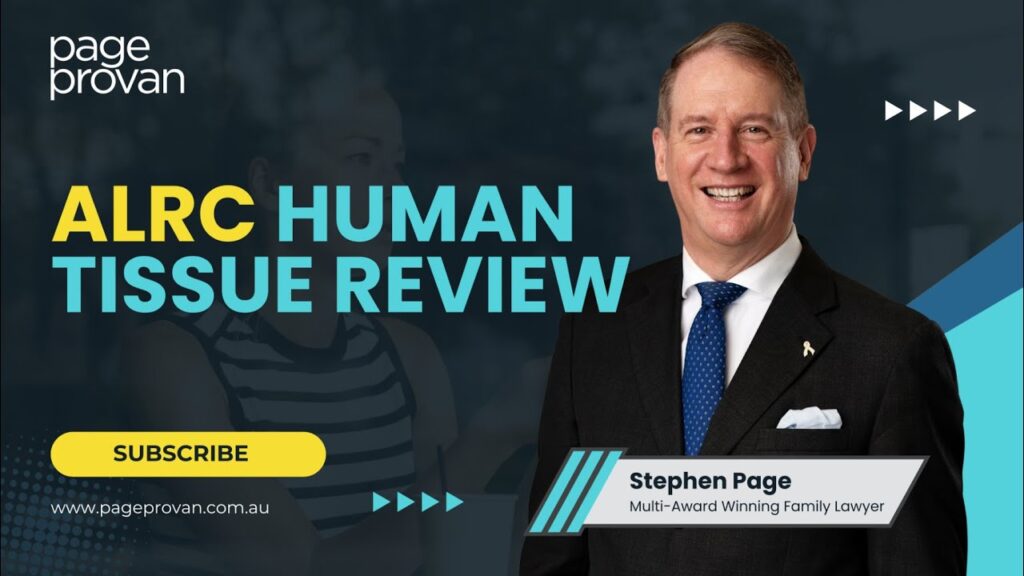The Fourth Reason Why You Won’t Become Parents through Surrogacy
In this video, Page Provan Director and Award-Winning Surrogacy & Family Lawyer, Stephen Page discusses the 4th reason why you won’t become parents through surrogacy.
Transcript
G’day, I’m Stephen Page from Page Provan, Family and Fertility Lawyers. I’m a dad through surrogacy. I’ve also, since 1998, advised in over seventeen-hundred surrogacy journeys for clients throughout Australia, and at last count thirty-one countries overseas.
So what’s this magical fourth reason you won’t become parents through surrogacy? And that is if you’re not prepared to use a donor, an egg donor or a sperm donor, or occasionally an embryo donor, but you’re not prepared to use someone else’s genetic material to achieve parenthood.
Now, most clients, when they’re in this situation, say to me, we just want to have a child, and I must say it’s very common to see people in their 40s, straight couples in their 40s where his sperm is okay, but her eggs are not.
It’s really, really sad. But the couple then faces the choice. What do we do? Do we want to have a child or don’t we? And if the decision is made to have a child, then you proceed. For gay couples, it’s really straightforward. Gay couples or single men or single women need a donor, an egg donor or a sperm donor, or if they’re unlikely, both. I’ve had gay couples where they’ve needed a spoon donor as well as an egg donor.
I’ve acted for lesbian couples in surrogacy where they’ve needed an egg donor as well as a surrogate and a sperm donor. I’ve acted for a single woman who needed an egg donor, a sperm donor, and a surrogate. Actually, I’ve acted for several single women in that category, life can be unfair.
You have to determine what do you want to achieve? Do you want to be a parent or not? If you want to be parents and you need an egg donor or a sperm donor, then go ahead. Now, there are different things about what you should choose with an egg or sperm donor, I’ll talk about that in another video. But if you need one, then the test is really simple. A colleague of mine in the US put it simply.
If a child is placed in your arms, a baby is placed in your arms like this, will you accept the child as your own, even though it’s not genetically yours? If the answer to that is yes, then you’re prepared to do it. If the answer is no, then don’t do it. So there you have it. The fourth exception to the rule, when, not if, you’ll become parents through surrogacy.












